
Location: 2nd Floor, Chemical Engineering Building, Universitas Syiah Kuala
Introduction
The Reaction Engineering and Catalyst Laboratory, established in 2000, serves as a research laboratory dedicated to education, research, and community service. It provides a practical learning environment crucial for enhancing students’ understanding of theoretical concepts and chemical reactions. This laboratory is designed to introduce undergraduate and postgraduate students to the fields of chemical reactions and reactor operations. Research conducted here spans a broad range of topics, including chemical-kinetics, energy conversion, process technology, catalyst synthesis, materials development, adsorption, and reactor operations, encompassing batch, semi-batch, and continuous processes. The laboratory is led by Prof. Dr. Ir. Husni Husin, M.T., IPM ASEAN Eng.
| Head of Laboratory | |
 | Prof. Dr. Ir. Husni Husin, M.T., IPM ASEAN Eng. |
| Professor, Chemical Engineering | |
| Email: husni_husin@usk.ac.id | |
| https://www.scopus.com/authid/detail.uri?authorId=39161606100 | |
Facilities
Our laboratory is well-equipped with essential facilities for conducting research in the areas of reaction and catalyst engineering, adsorption, and materials development. These include tube furnaces, pyrolysis reactors, catalytic reforming reactors, hydrothermal reactors, microwave reactors, ultrasonic equipment, and distillation (essential oils). Additionally, for sample extractions purposes, we utilize centrifuges and rotary vacuum evaporators. The laboratory is also equipped with chromatography (GC), differential scanning calorimetry (DSC), and Fourier transform infrared spectroscopy (FTIR) for further analysis. We also have digital balances, ovens, stirred-hot plates, pH meters, thermometers, condenser, crusher, etc. for research preparation and process activities. Some of the equipment in this laboratory was donated by the German government, PHKI, Laboratory Grants, and Lecturer Research Grants.

Current activities and project
The Reaction Engineering and Catalysis Laboratory provides services for research activities conducted by lecturers and students from the Chemical Engineering Department at Universitas Syiah Kuala, as well as those from other faculties and universities. On average, the laboratory hosts the following numbers of research students: undergraduate (S1) = 8 students, master’s (S2) = 3 students, and doctoral (S3) = 3 students. Examples of research topics in this laboratory include:
1. Utilization of local natural materials like vegetable oils (palm oil, castor oil, bintaro oil, and coconut oil) for the production of soap, organic fertilizers, etc.
2. Development of adsorbents from natural or synthesized materials (such as zeolite, bentonite, kaolin, and agricultural waste materials) for the removal of heavy metal ions through adsorption (adsorption kinetics study).
3. Hydrodeoxygenation of palm oils to produce green diesel using transition metals (nickel, platinum, etc.).
4. Pyrolysis and catalytic pyrolysis processes for converting waste materials (plastics or biomass) into valuable fuels or chemicals using natural or synthesized catalysts (zeolite, nickel, platinum, etc.).
5. Study of reaction kinetics in transesterification reactions using heterogeneous or solid catalysts for biodiesel production.
6. Synthesis of heterogeneous catalysts from natural or agricultural waste for use in transesterification reactions to produce biodiesel.
7. Development of nanocatalysts for use in the green energy production.
8. Development of essential oils through microwave and extraction processes, such as citronella, patchouli, orange, for use in aromatherapy and related applications.
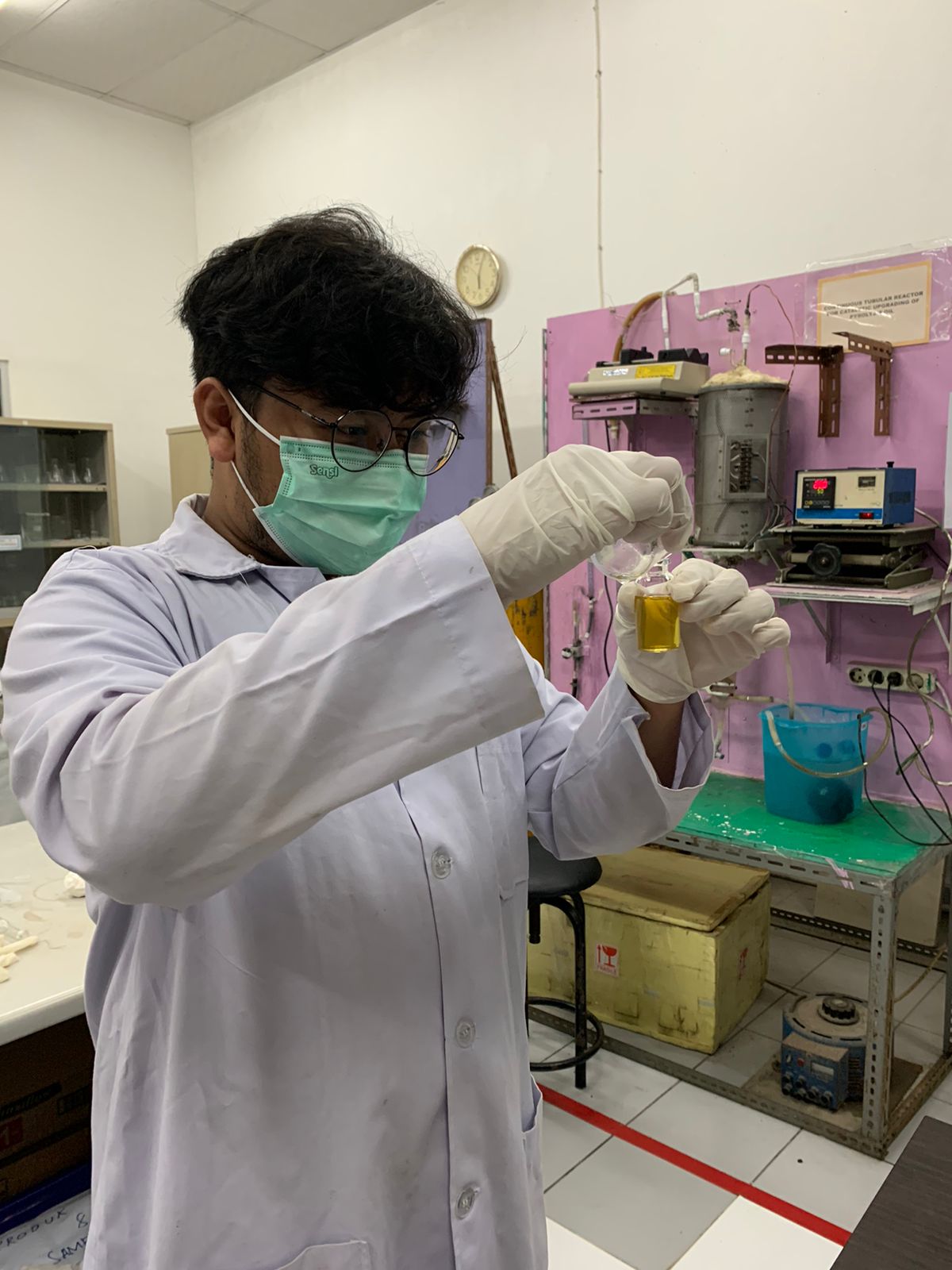 | 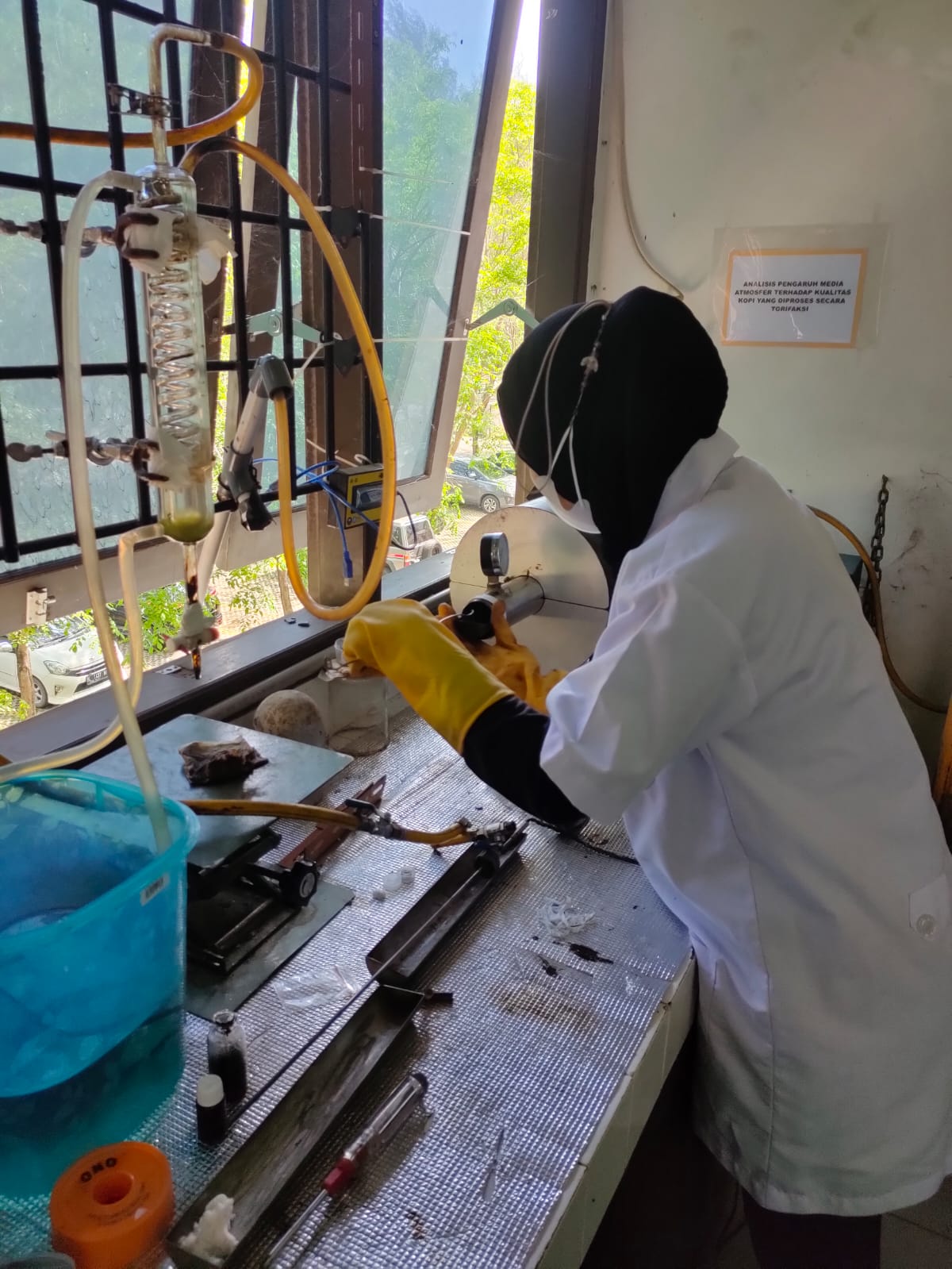 | 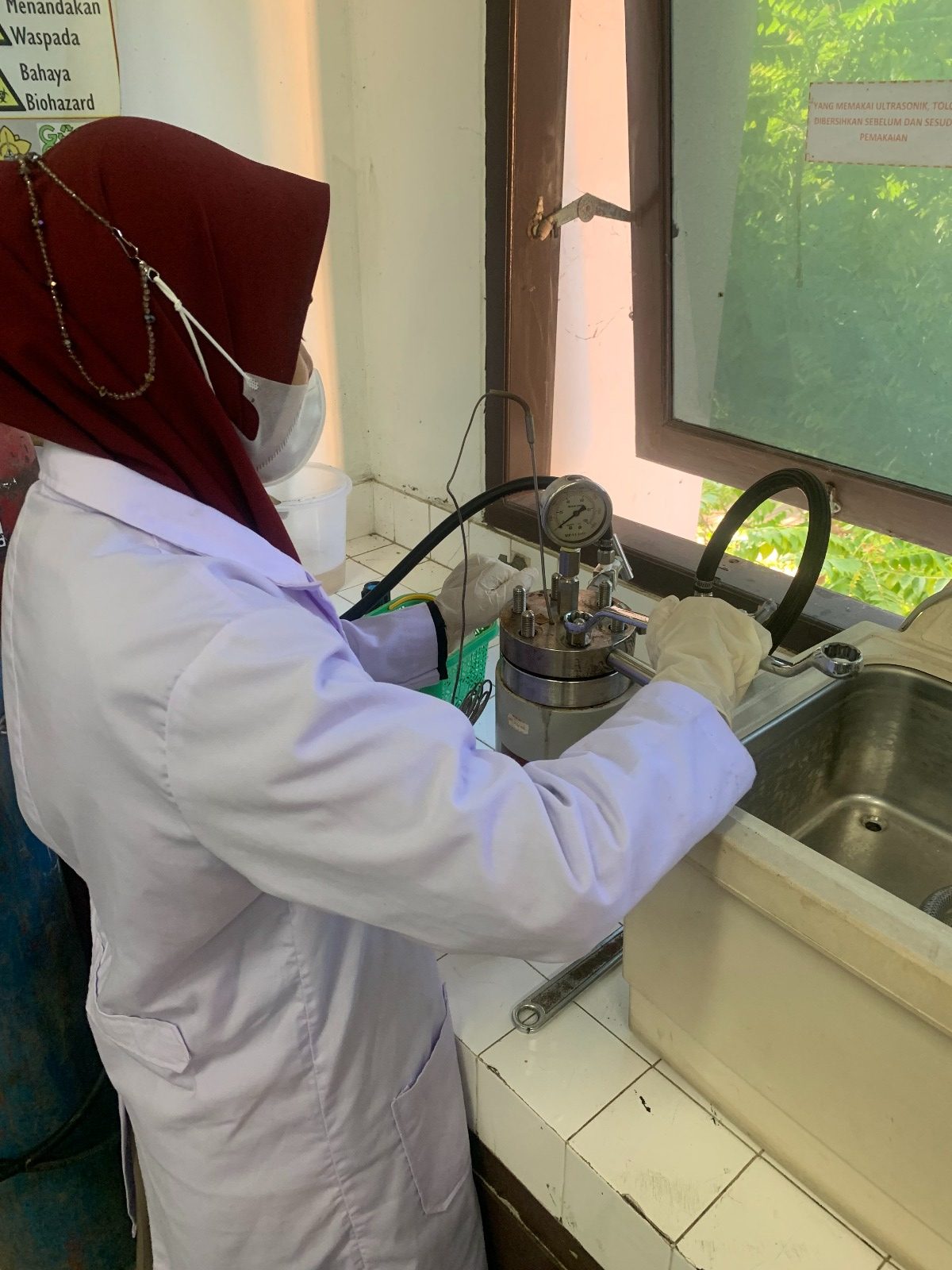 |  |
 |  |  |  |
Human Resources
The Reaction Engineering and Catalysis Laboratory, Department of Chemical Engineering, Faculty of Engineering Universitas Syiah Kuala, focuses on research in Process Technology, Nanotechnology, Energy Conversion, Photocatalysts, Adsorbents, Extraction and Modelling, as well as Essential Oil Distillation. As of 2024, the laboratory comprises 7 lecturers and 1 laboratory assistant, with the following qualifications: 2 professors (Prof.), 3 doctoral degree (Dr.), 1 master’s degree (M.T.), and 1 technician also holding a master’s degree (M.T.).
| Lecturer and Technician in the field of catalysts | |
 | Prof. Dr. Ir. Husni Husin, M.T., IPM ASEAN Eng. |
| Professor, Chemical Engineering | |
| Email: husni_husin@usk.ac.id | |
| Research interest: Nanomaterials, Catalyst and Photocatalyst, Green Energy, Adsorption, Essential oil and Chemical. | |
 | Prof. Dr. Ir. Marwan |
| Professor, Chemical Engineering | |
| Email: marwan@usk.ac.id | |
| Research interest: Catalysis, Reaction Engineering. | |
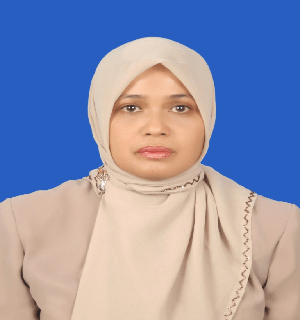 | Dr. Ir. Yanna Syamsuddin, M.Sc. |
| Associate Professor, Chemical Engineering | |
| Email: yanna_syamsuddin@usk.ac.id | |
| Research interest: Kinetics and catalysis, Membrane Technology. | |
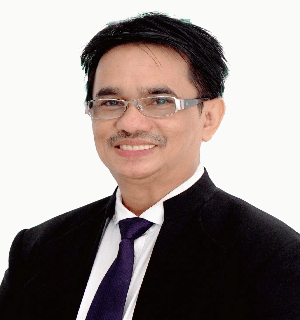 | Dr. Ir. Syaifullah Muhammad, M.Eng. |
| Lektor, Chemical Engineering | |
| Email: syaiful.muhammad@usk.ac.id | |
| Research interest: Nanoparticles, Water Treatment, Essensial Oil, Environmental. | |
 | Dr. Fahrizal Nasution, S.T., M.T. |
| Assistant Professor, Chemical Engineering | |
| Email: fahrizalnasut@gmail.com | |
| Research interest: Catalyst Development, Catalytic Pyrolysis, Biodiesel. | |
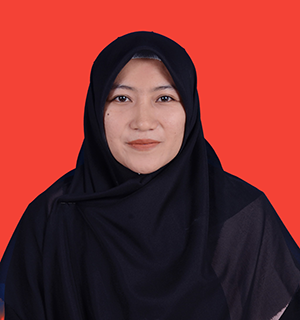 | Yuliana Sy., S.T., M.T. |
| Assistant Professor, Chemical Engineering | |
| Email: yulianasy297@gmail.com | |
| Research interest: Catalyst Development, Hydrodeoxygenation, Biofuel, Green Energy. | |
| Technician | |
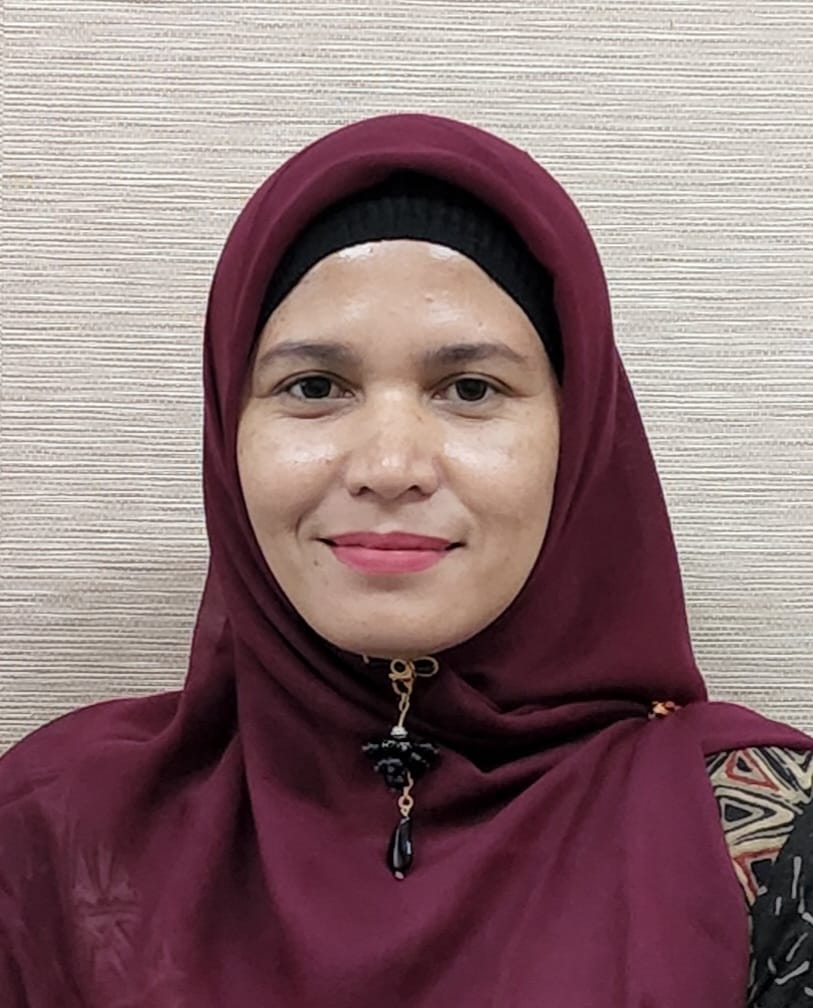 | Nurhazanah, S.T., M.T. |
| Analyst, Chemical Engineering | |
| Email: zanah.abdullah@usk.ac.id | |
| Research interest: Catalyst Development, Extraction, Biodiesel, Bioprocess. | |
Laboratory Mitra – Collaboration
Reaction Engineering and Catalysis Laboratory has established research collaborations and co-publications (joint publication) with several leading and accredited institutions in its field, aimed at enhancing the quality and relevance of research outcomes. These collaborations involve partnerships in process technology development, catalyst synthesis, and the application of cutting-edge materials across various industrial sectors. With this commitment, the Reaction Engineering and Catalysis Laboratory continues to strive towards excellence in chemical reaction and catalysis research, making significant contributions to the advancement of science and technology both nationally and internationally. The research group has published several works in reputable national and international journals (indexed by: Scopus and WOS), as well as in Scopus-indexed proceedings.
Collaboration:
Nasional: Balai Standarisasi & Pelayanan Jasa Industri (BSPJI) Banda Aceh (2010), Universitas Serambi Mekkah (2017), Universitas Malikussaleh (2018), Universitas Samudra (2018), Politeknik Negeri Lhokseumawe (2020), Dinas Lingkungan Hidup dan Keindahan Kota Banda Aceh – Broh Geutanyoe Organization under DLHK (2023), Badan Riset Inovasi Nasional (BRIN – 2024). .
International: Universiti Sains Malaysia (2019), Universiti of Malaya (2019), Universiti Malaysia Pahang (2020), Universiti Teknologi MARA (2024).
Organization Structure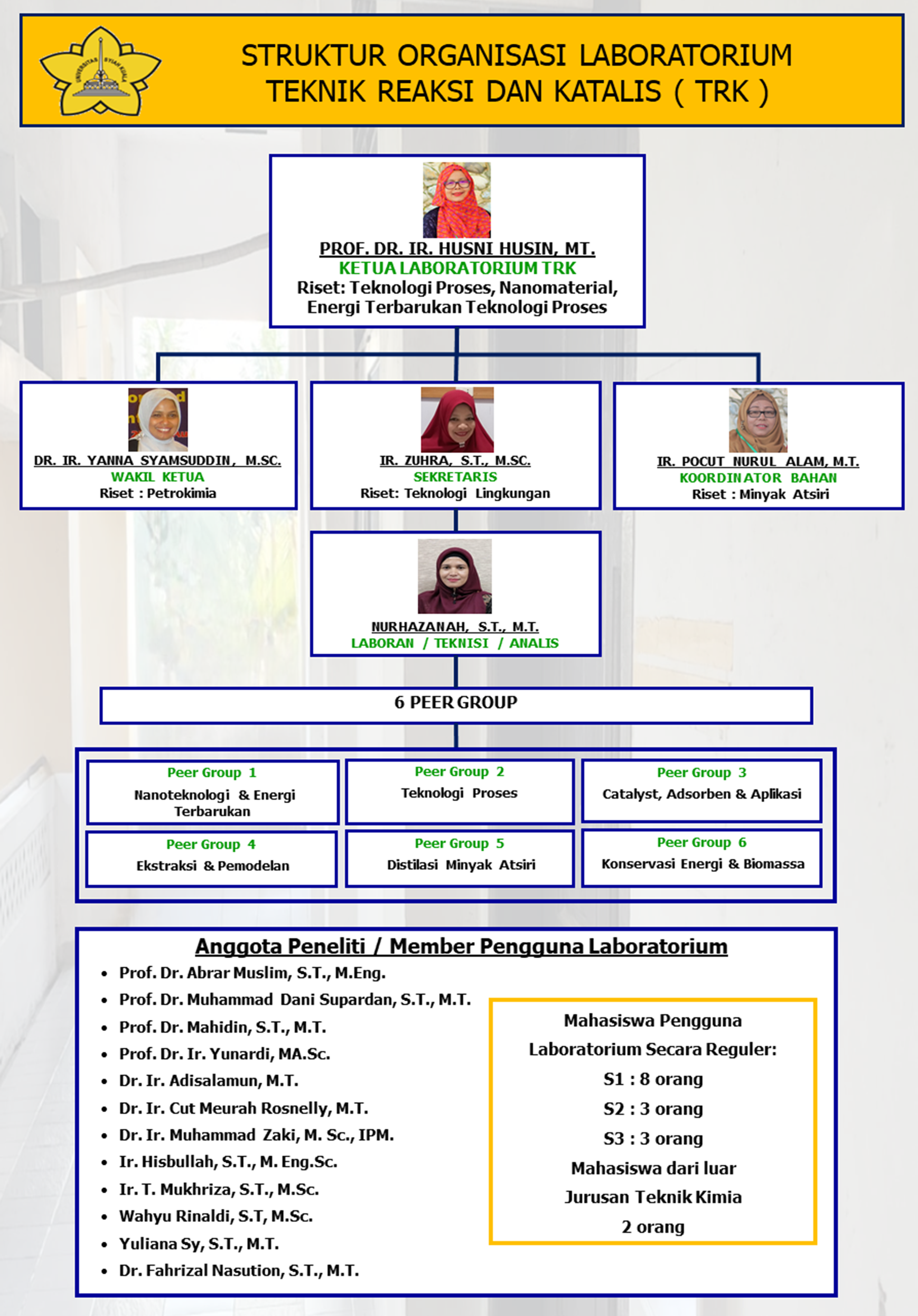
Views: 37

